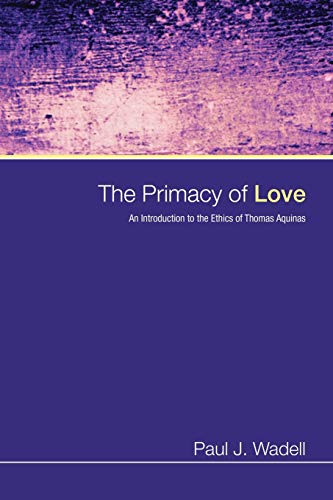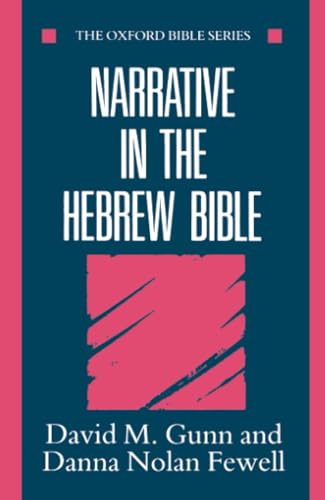Peter Lewis, for the past 22 years pastor of Cornerstone Evangelical Church, Nottingham, has written a book which undertakes to consider ‘what Christ claimed for himself and what the early Church claimed about him’. ‘It is written,’ he says, ‘for Christians who want to know more clearly and more thoroughly what the Bible says about Jesus’ (p. 2). The volume could be described as a popular Christology of the NT, though with its 500-plus pages it at times becomes almost a popular theology of the NT. Indeed, since the OT background of NT teaching is often examined, it approaches being a study in biblical theology.
The order of treatment follows traditional lines. Also conventional is the treatment of Christology in terms of ‘titles’ (Messiah, Lord, Son of God, the last Adam, etc.). The significance of the atonement is brought out through the discussion of key terms such as redemption, reconciliation, justification, sanctification and adoption. There are endnotes, an index of authors, a subject index, and a short index of selected Scripture passages.
The treatment throughout is thoroughly biblical, and a feature is the periodic exegesis of key NT passages (such as Jn. 1:1–19; Heb. 1:1–4; Phil. 2:5–11 and Col. 1:15–20). Despite its length and weighty subject matter the book remains readable, being frequently enlivened by what is clearly a preacher’s turn of phrase. Though acknowledging differences of interpretation of biblical texts, Lewis generally takes one clear position and nails his colours to the mast. There is a strong emphasis on the divine inspiration of Scripture, and a strong defence of its historical reliability, especially when dealing with the gospels. It is conceded that ‘Jesus’ words are often given in inspired paraphrase rather than word for word’ (p. 6), but he contends (to use Jeremias’ terms) that we have, if not the ipsissima verba, then certainly the ipsissima vox of Jesus. Scripture is interpreted in terms of theological orthodoxy, as is seen for example in a strong defence of the Chalcedonian Christology (pp. 124–127) as correctly interpreting the NT revelation.
This does not claim to be a work of original scholarship. It is ‘popular’ in the sense that it seeks to mediate the results of scholarship to lay readers. Lewis draws on standard reference works, a selection of up-to-date biblical commentaries, and a limited selection of theologians. Regrettably, he at times quotes at second hand, so that on at least one occasion (p. 454) he is found criticizing the views of a theologian (Karl Rahner) whom he appears not to have read. There is a brief reference (pp. 5f.) to more liberal and radical interpretations of the gospels, but these are brushed aside rather than countered. The challenges of form/source/redaction/literary criticisms are ignored. There is recognition of attacks on the doctrine of the incarnation (pp. 127–129), but no attempt is made to deal with specific challenges such as The Myth of God Incarnate. Lewis accepts and uses John’s gospel as being on exactly the same level as the synoptics without any attempt to deal with the problem caused by the differences, a problem which perplexed the church of the second century as well as the church of the 20th century.
In a few places the author does relate the biblical witness to the contemporary situation. One suspects that he is good at this type of contemporary application; more of it might have extended the value of this volume.
Chapter 34 (the last in the book) comes as something of a surprise. Entitled ‘Jesus and the World Religions Today’, it tackles a difficult subject on which evangelicals certainly differ (cf. the recent volumes by Clark Pinnock, A Wideness in God’s Mercy, and John Sanders, No Other Name). Unlike the rest of the book, this chapter does consider a wide range of views, including those of a writer like John Hick with whom the author is clearly in strong disagreement. Moreover, when it comes to discussion of the vexed question ‘What of those who never hear about Jesus Christ?’, Lewis (quoting John Stott) finally comes down in favour of a reverent agnosticism.
This book will appeal especially to conservative Christian laity. But even those who do not agree with all the author’s conclusions will find value in such a clear, cogent and uncompromising presentation of the biblical witness to the person and work of Christ.
Charles H.H. Scobie
Mount Allison University, Canada







